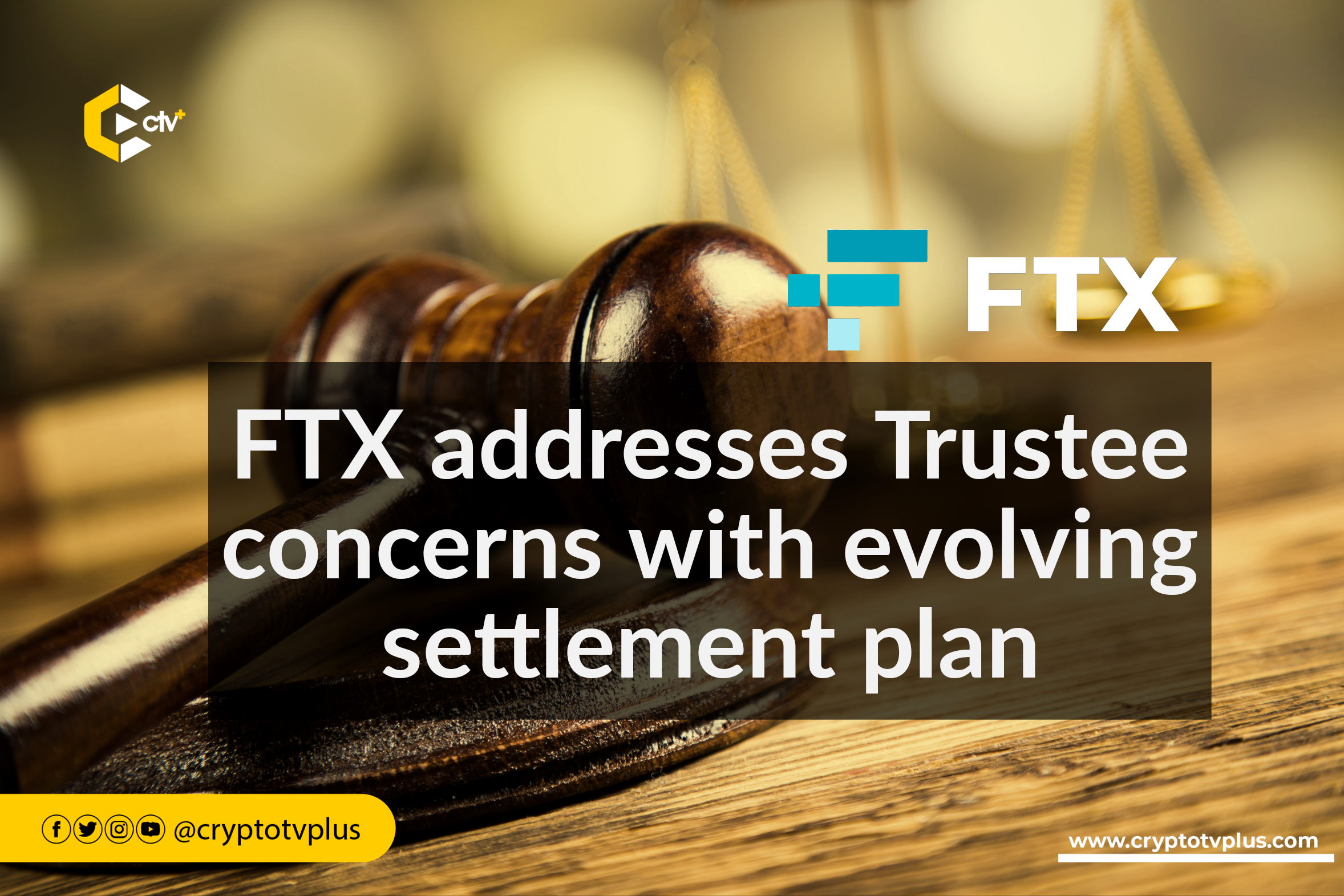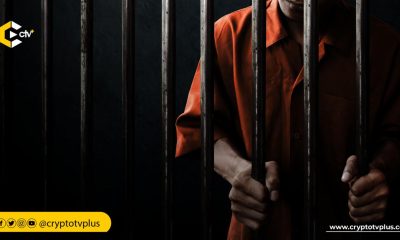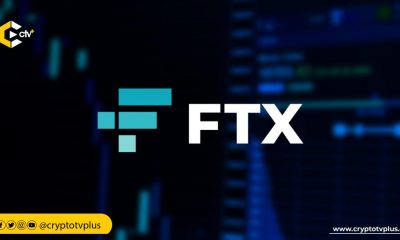News
FTX addresses Trustee concerns with evolving settlement plan

A significant adjustment has transpired in the ongoing bankruptcy proceedings of FTX, a once-prominent cryptocurrency exchange led by SBF.
Faced with objections from the U.S. Trustee, FTX has taken the proactive step of revising its proposed settlement motion in an effort to address the raised concerns.
The Trustee had expressed skepticism over the initial settlement motion, specifically contesting the designation of a $10 million threshold as a “small” claim.
Furthermore, the Trustee pointed out a lack of clarity regarding the nature of these claims, adding a layer of complexity to the situation.
In response to these worries, the people who owe money to FTX have decided to change their plans for how to settle their debts.
The new plan they are suggesting shows their willingness to work together and make the process smoother.
One important change in the new plan is their intention to involve the U.S. Trustee more by keeping them informed at every step of the settlement process.
This change is meant to make things more open and help everyone communicate better.
Another pivotal change involves reducing the maximum claim value involves reducing the maximum claim value.
The earlier $10 million ceiling has been downwardly adjusted to $7 million, aiming to align more closely with the Trustee’s reservations and promote a more equitable settlement process.
Furthermore, FTX’s debtors have shown commitment to accountability by pledging to submit monthly reports detailing executed settlements.
This move aims to ensure ongoing communication and provide a clear view of the progress made in the settlement process.
Due to the nature of the case, a final agreement relies on resolving any disagreements that arise from the groups that have been informed, such as the U.S. Trustee.
If these disagreements persist, the court will need to step in and make the ultimate decision.
Two special groups, called creditor committees, play a crucial role in this process: the Official Committee of Unsecured Creditors and the ad hoc Committee for international clients.
These groups work to make sure the settlements are fair and right, and they keep the process honest.
Read also; Aave V3 is coming to Base as the launch proposal passes

























1 Comment